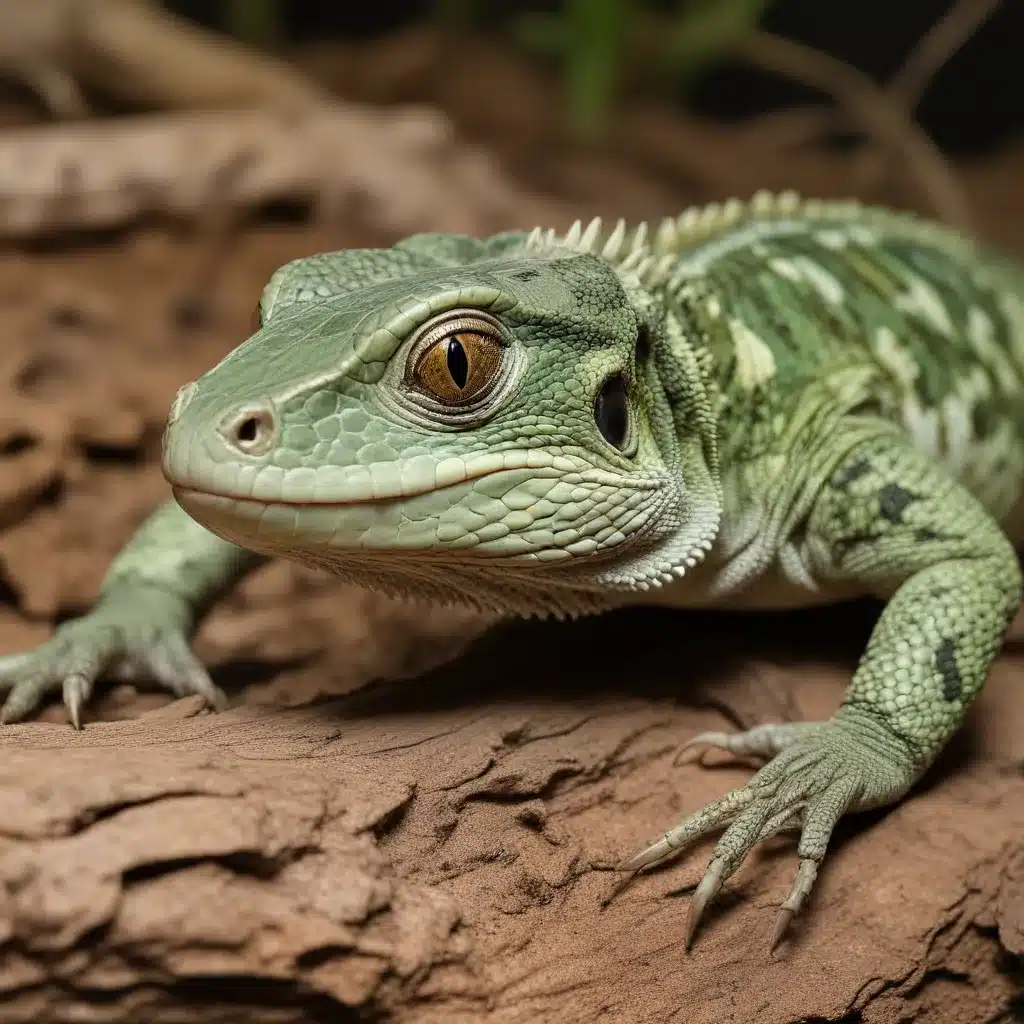
Responsible Reptile Breeding Practices
Responsible reptile breeding is a complex and nuanced topic that requires careful consideration of both the benefits and potential drawbacks. On one hand, the captive breeding of rare and exotic reptile species can help preserve genetic diversity, reduce pressure on wild populations, and provide opportunities for educational and research purposes. Skilled breeders can produce healthy, well-socialized animals that make excellent pets. However, the rapid expansion of the reptile breeding industry has also raised concerns about the potential for overproduction, poor animal welfare, and the challenges of ensuring that all captive-bred reptiles find suitable long-term homes.
One key consideration is the balance between supply and demand. While the reptile hobby continues to grow in popularity, the pool of knowledgeable and committed reptile owners capable of providing proper care is limited. This raises the risk of animals being sold to owners who lack the resources, space, or expertise to meet their specialized needs. Reptiles, especially long-lived species, require significant investments of time, space, and financial resources to thrive. Breeders must thoughtfully assess the demand and ensure they are not contributing to an oversaturated market.
Reptile Health and Welfare
Maintaining optimal reptile health and welfare is essential, both for the well-being of the animals and the success of any breeding program. Responsible breeders should prioritize the physical and psychological needs of their reptiles, providing appropriate housing, nutrition, and veterinary care. This includes monitoring for genetic disorders, implementing strict biosecurity protocols, and ensuring that all animals have ample space to express their natural behaviors.
Research has shown that poor housing conditions, improper feeding, and inadequate veterinary care can lead to a range of health issues in captive reptiles, from metabolic bone disease to respiratory infections. Breeders must be vigilant in maintaining optimal environmental parameters, providing a varied and nutritious diet, and promptly addressing any signs of illness or injury.
Genetic Considerations and Morphs
The breeding of rare reptile morphs, or color and pattern variations, has become increasingly popular in the reptile industry. While these specialized morphs can be visually striking, breeders must exercise caution to avoid potential genetic issues. Inbreeding and the selective breeding of animals with desirable traits can lead to the propagation of deleterious genes, reduced genetic diversity, and an increased risk of health problems.
Responsible breeders should prioritize genetic diversity, avoid close line-breeding, and work to maintain healthy, genetically robust populations. Research has shown that the indiscriminate breeding of certain morphs, such as the “spider” ball python, can result in neurological issues and other behavioral abnormalities. Ethical breeders must carefully evaluate the tradeoffs between producing visually striking animals and ensuring the long-term well-being of their reptile colonies.
Legal Compliance and Regulations
The commercial sale of rare and exotic reptiles is subject to a complex web of local, state, and federal regulations. Breeders and sellers must be diligent in understanding and complying with all applicable laws and permitting requirements, which can vary significantly depending on the species, origin, and intended use of the animals.
For example, the green iguana is classified as a nonnative, invasive species in many regions, and its sale and ownership may be subject to strict controls or even outright bans. Failure to comply with these regulations can result in significant penalties, the seizure of animals, and potential legal repercussions.
Responsible breeders and sellers must thoroughly research the legal status of the reptile species they work with, obtain the necessary permits and licenses, and ensure that all animals are transported and sold in compliance with applicable laws and regulations. This not only protects the animals but also helps to maintain the integrity and sustainability of the reptile industry as a whole.
Promoting Responsible Reptile Ownership
Ultimately, the ethical commercial sale of rare reptiles relies on a multifaceted approach that balances the interests of breeders, sellers, and reptile enthusiasts with the well-being of the animals themselves. Responsible breeders must carefully manage their production to avoid oversaturation, prioritize the physical and psychological health of their reptiles, and maintain genetic diversity. Sellers must ensure full compliance with all relevant laws and regulations.
At the same time, prospective reptile owners must be educated on the unique care requirements and long-term commitments associated with exotic species. Reputable breeders and sellers should provide comprehensive care information, encourage potential buyers to thoroughly research the species they are interested in, and work to match animals with owners who have the resources and expertise to meet their specialized needs.
By working together to promote responsible reptile ownership and ethical breeding practices, the reptile community can continue to thrive while ensuring the well-being of the animals in their care. This will not only benefit the reptiles themselves but also contribute to the long-term sustainability of the reptile hobby and industry.
Conclusion
The commercial sale of rare and exotic reptiles is a complex and multifaceted issue that requires careful consideration of various ethical, legal, and practical factors. Responsible breeders and sellers must strike a delicate balance between meeting the demands of the growing reptile hobby and ensuring the health and welfare of the animals in their care.
By prioritizing genetic diversity, maintaining optimal husbandry practices, and complying with all relevant regulations, the reptile industry can continue to thrive in an ethical and sustainable manner. Prospective reptile owners must also be empowered with the knowledge and resources to make informed decisions and provide the appropriate long-term care for their chosen species.
Through a collaborative effort between breeders, sellers, and reptile enthusiasts, the reptile community can work to promote responsible ownership, protect the well-being of captive reptiles, and ensure the long-term viability of this dynamic and fascinating hobby. By embracing these ethical considerations, the commercial sale of rare reptiles can be a positive and enriching experience for all involved.
Visit ExoticReptiles.com to learn more about responsible reptile ownership and explore a wide range of high-quality, captive-bred reptiles from reputable breeders.

